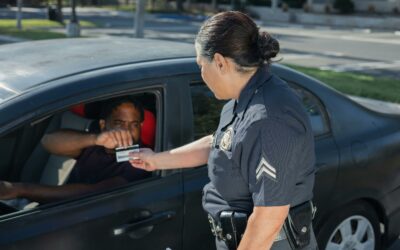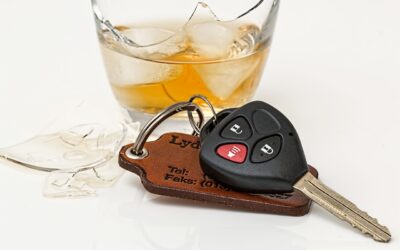Breath, Blood, and Urine Blood Alcohol Tests
Here are three types of alcohol tests utilized by law enforcement: breath, blood, and urine tests. Breath tests are the most commonly used, but they tend to be more flawed than blood tests because they don’t account for environmental factors and differences between individuals. Blood tests can be more accurate, but there is also room for error if they are handled incorrectly in the lab. Urine tests are the least reliable, but are also still accepted as an acceptable testing method.
While it would be great to have the choice of which blood alcohol test you take, it is the police officer’s decision which of the three tests will be offered, not yours. In Minnesota, it is considered a crime for someone to refuse to take a breath test. However, it is not a crime if someone refuses a blood or urine test unless they refuse to do both. In other words, someone could refuse to take a blood test, but then they must submit to a urine test and vice versa.
The Unreliability of Blood Alcohol Tests in Minnesota
There are numerous reasons that each of the three different blood alcohol tests could give flawed results or be rendered inadmissible. In order for there to be a valid sample, officers must follow specific and rigid procedures to ensure that each of the tests gives an accurate result. Observation periods and collection procedures can be extremely important to determine if the test was given correctly.
If the police do not follow the correct procedures while attempting to obtain your blood alcohol concentration, the results of the test may be invalid.
Minnesota and Wisconsin Blood Alcohol Test Attorneys
When you’re facing a DUI or DWI charge, it is important to have a lawyer who is knowledgeable about the different blood alcohol content tests and testing procedures. This attorney can explain some of the complexities of blood alcohol concentration testing and make sure you understand your rights.
Get a Free Case Evaluation
We are here to help. Let us evaluate your case for you. Free of charge – no obligation. Complete our free case evaluation form or call us directly at (651) 323-2464.
Recent Blog Posts
Driving Forward: A Guide to Limited Driver’s Licenses in Minnesota
In Minnesota, facing license revocations due to DWI offenses can disrupt daily life activities such as work, education, and essential errands. However, understanding the regulations surrounding limited driver's licenses can provide a lifeline for individuals in such...
Choosing The Right Defense Strategy for Your DUI/DWI Case in Minnesota
Facing DUI charges can be a daunting experience, with potential consequences ranging from fines to license suspension or even imprisonment. In such situations, selecting the best DUI defense strategy is crucial for protecting your rights and minimizing the impact of...
Criminal Vehicular Homicide Charges: Defending Against Serious Consequences
In Minnesota, criminal vehicular homicide charges, often referred to in other states as DUI or DWI manslaughter, carry grave implications, potentially resulting in significant penalties and long-term consequences for those accused. At Sieben Edmunds Miller, our team...
Navigating the New Marijuana Laws in Minnesota: Implications for Drivers
With the recent legalization of marijuana for personal use in Minnesota, there's been a significant shift in the state's drug enforcement landscape. However, while these new laws have relaxed regulations around possession and cultivation, it's essential to understand...
Understanding DWI Manslaughter Charges in Minnesota: Consequences & Defense Strategies
DWI manslaughter or criminal vehicular homicide is a severe criminal charge that arises when an individual operates a vehicle in a grossly negligent manner or under the influence of alcohol or drugs and causes the death of another person. In Minnesota, the legal...
Can I Legally Refuse to Take a Sobriety Test in Minnesota?
Facing a situation where law enforcement suspects you of driving while intoxicated (DWI) can be intimidating. One crucial decision you may be confronted with is whether to submit to a field sobriety test. In Minnesota, individuals technically have the right to refuse...
Free Case Evaluation
Contact Info
Note: The use of the Internet or this form for communication with the firm or any individual member of the firm does not establish an attorney-client relationship. Confidential or time-sensitive information should not be sent through this form.





